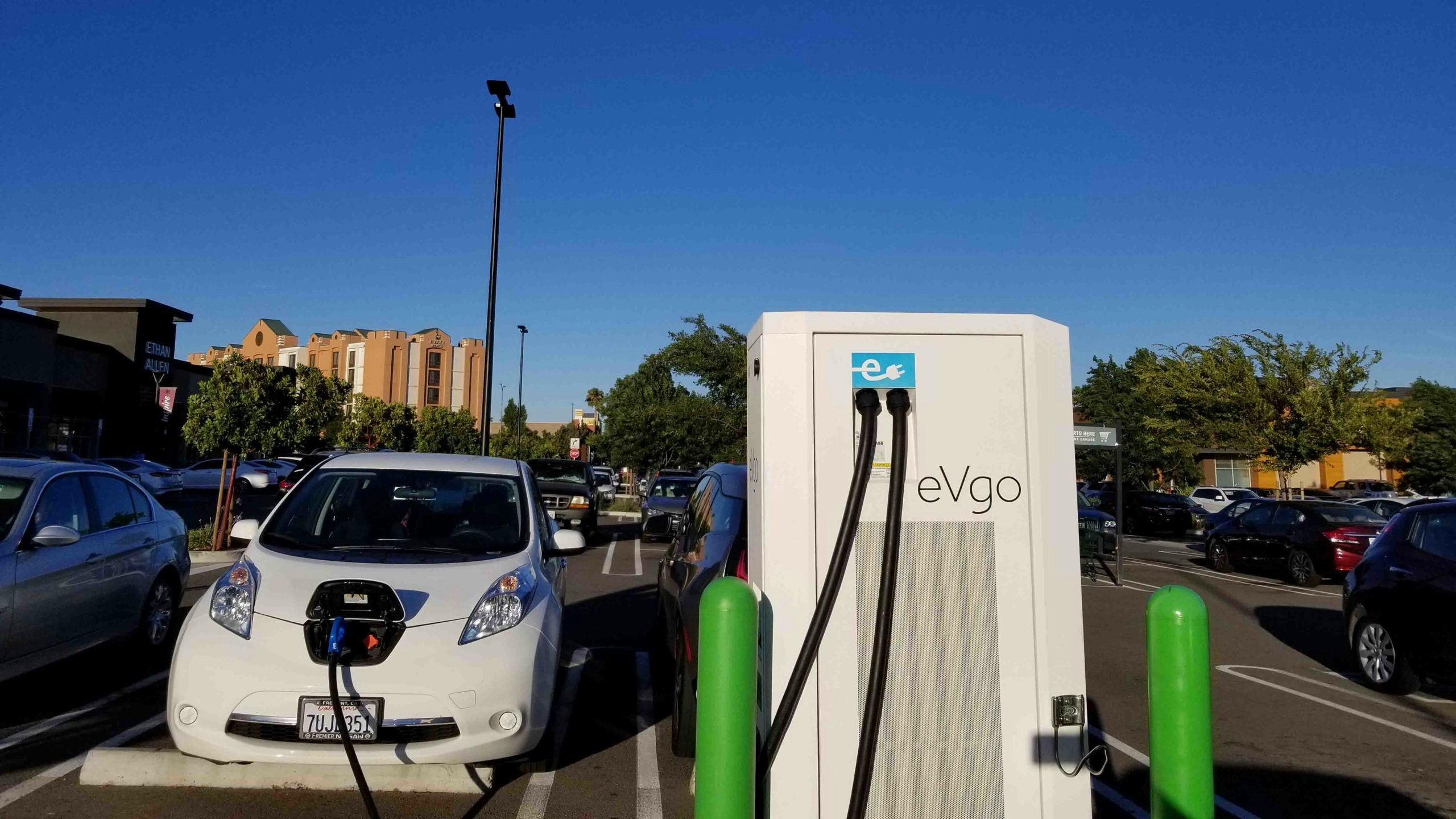California plans to phase out all new gas-powered vehicles from the state by 2035, but Wyoming is not ready to do the same, according to car dealers around the state.
California’s Air Resources Board on Thursday approved a 2020 executive order by Gov. Gavin Newsom, forbidding the sale of new gas-powered passenger cars in California by 2035. Offroad vehicles must be zero-emission by 2035, and medium and heavy-duty vehicles must be zero-emission by 2045 “where feasible.”
Washington Gov. Jay Inslee has announced a desire to do the same.
Although they had differing opinions toward electric vehicles in general, a handful of Wyoming car dealers were unanimous on one thing: Wyomingites would have a fit if ordered to go electric by 2035.
“(They’d) revolt,” Jeff Olson, owner at Big Dawg Auto in Casper, told Cowboy State Daily on Friday.
“People don’t like seeing those prices,” Olson said, adding that Wyoming doesn’t yet have enough charging stations to match its sprawling land mass.
A new Honda Accord, gas-powered, costs between $26,000 and $38,000, according to Honda’s website. New Teslas range from $44,000 to $200,000, according to Motortrend.
Olson cited issues with electric cars’ lithium batteries, such as expense and flammability when overheated or damaged, but said these are bumps in the road to a much finer product.
“They just need to improve the battery system. Once they master that, (electric vehicles) will be a helluva good car,” he said. “There’s less maintenance on them; they have a better response, performance-wise.”
Electric-vehicle technology has been expensive for more than a century, Olson said.
Ferdinand Porsche made the first hybrid vehicle in 1899, according to energy.gov.
“It was an expensive car and not practical to most people,” said Olson.
The Wasteland
Wyoming car dealers presented two theories on whether California’s mandate will drive electric-vehicle prices up or down. Some said having a government order on their side will cause electric-car manufacturers to charge more for their product.
Others said the onus to mass-produce will drive prices down for the product, which is now about $20,000 more expensive than new comparable gas-powered cars, generally.
Scott Cargill, general manager at White’s Frontier Motors in Gillette, said as more manufacturers introduce electric cars, mass production could drive their prices down.
But, he added, even a wave of mass production can’t prepare Wyoming for a full switch to electric, because a heavy charging infrastructure also is required.
Wyoming is nearly 98,000 square miles, with vast barren spaces between towns – and even greater stretches between charging stations. An average Tesla electric car can drive about 300 miles on one charge, according to The Motor Digest.
“I don’t see any way whatsoever that Wyoming is ready to be totally electric in 2035,” Cargill said.
The Gap
Jon Castillo, internet sales director for Cowboy Dodge in Cheyenne, predicted that electric-vehicle pricing now will trend up, not down, saying that once a government mandates something, the maker of that product is at liberty to charge more money for it.
“If there’s a demand for them, they’re just going to charge more for them,” said Castillo.
Castillo was concerned that the executive order in California could make it harder for the average consumer to buy a vehicle.
“We saw that happen with our (gas-powered) vehicles over the last two years,” he said. Shortages of several vehicle models drove prices up.
“How do you have an average consumer that doesn’t make $70,000 a year buy a car that costs that much?” asked Castillo, referring to electric cars.
Dually Culture
According to Castillo, the biggest obstacle between Wyoming and an electrified future is its people’s livelihoods. Wyoming relies heavily on the oil and natural gas industries.
“You get a lot of people, that’s their livelihood out there: drilling for oil,” said Castillo. “So I don’t know how you’re ever going to replace big duallies and work trucks, and switch them to electric vehicles.”
Electric batteries could power a dually, Castillo said, but the frame weight would consume more power and greatly reduce the vehicle’s travel range.
“For commuter cars I could see (electric vehicle use),” he added.
Migration Buying Not Likely
Cargill doesn’t expect a migration of California buyers to visit Wyoming to buy gas-powered vehicles.
Because of the executive order language demanding state regulation to force out gas power, Cargill said, he expects that Californians won’t just have a problem buying gas-powered vehicles in their home state: they’ll have problems getting them titled as well.
“If you have an address… somewhere else you can (title a car out of state),” said Cargill. But even then, there may be pressure from enforcers to get the car titled in California. “And then you’ll be in trouble.”
But Cargill’s main concern isn’t whether he’ll be able to sell to Californians. It’s whether the government of the future will allow him to sell things that Wyomingites actually want to buy.
“I just want to be able to offer vehicles that customers want – whether that be gas or electric,” he said.





